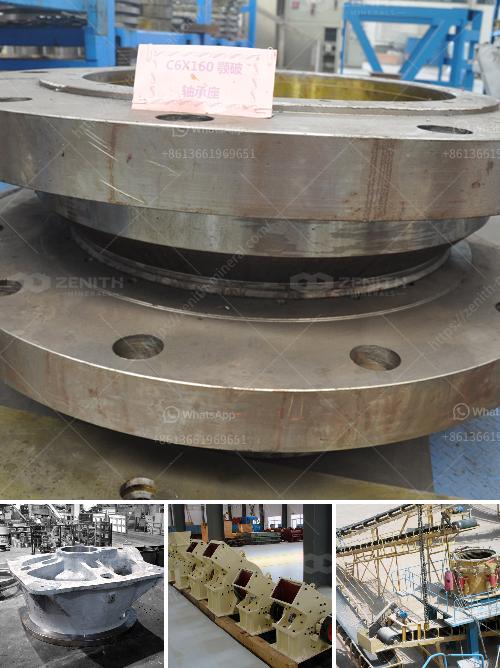Iron sand and magnetite are related but distinct materials, primarily in their composition and usage:
-
Composition:
- Iron Sand: Iron sand is a type of sand with heavy concentrations of iron. It primarily contains magnetite (Fe₃O₄) and may include hematite (Fe₂O₃), as well as other iron minerals. Depending on the source, iron sand can also contain impurities like titanium, silica, and other minerals.
- Magnetite: Magnetite is a specific type of iron oxide with the chemical formula Fe₃O₄. It is a naturally occurring mineral and is one of the main sources of iron ore used in steel production. Magnetite has strong magnetic properties and can be easily separated from other materials using magnet-based techniques.
-
Physical Properties:
- Iron Sand: Typically, iron sand appears as dark grey or black granular material. The magnetic properties can vary because it's a mixture of different components, including magnetite.
- Magnetite: Magnetite often forms crystals and can be found in a pure state. It is specifically black or brownish-black, often with a metallic luster, and is strongly magnetic.
-
Uses:
- Iron Sand: Iron sand is used in a variety of applications, including as a raw material in the production of steel, in construction for making concrete, and in the creation of blast furnace linings. In some cultures, it has been historically used for traditional sword making, such as in Japanese katanas.
- Magnetite: Beyond its use in steel production, magnetite is used in water purification systems, as an abrasive in polishing, and in high-density concrete for radiation shielding. It also has potential applications in magnetic recording media, pigments, and environmental remediation.
In summary, while iron sand contains magnetite as a primary component, it is a mix containing other materials as well. Magnetite, on the other hand, is a pure iron oxide mineral with significant magnetic properties and specific industrial uses.

